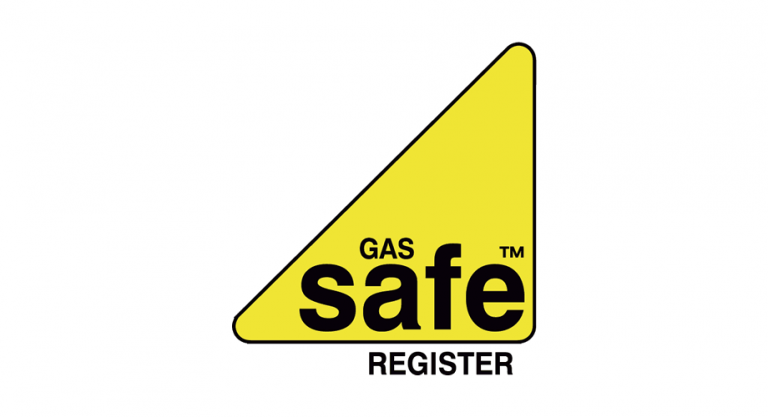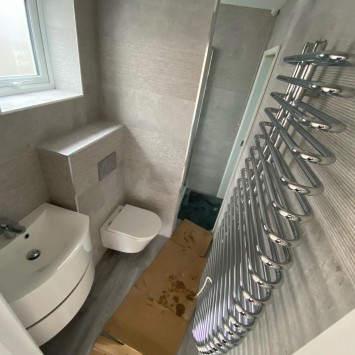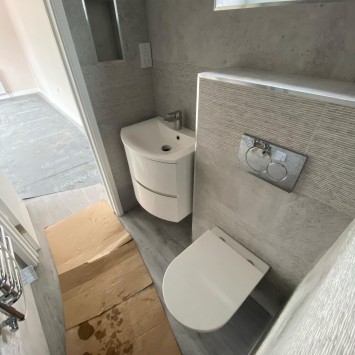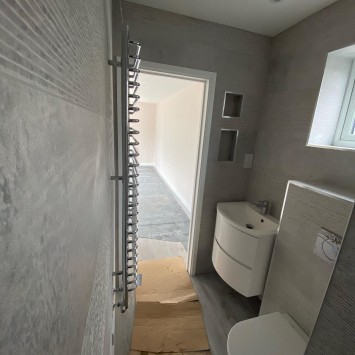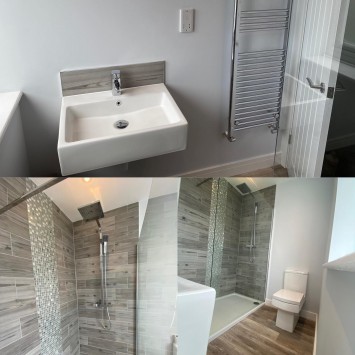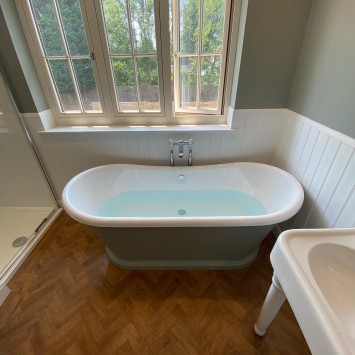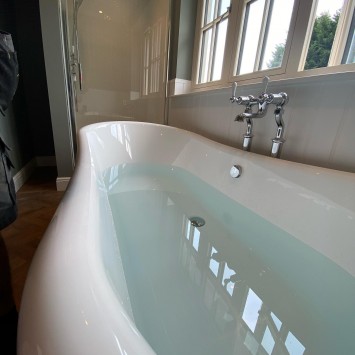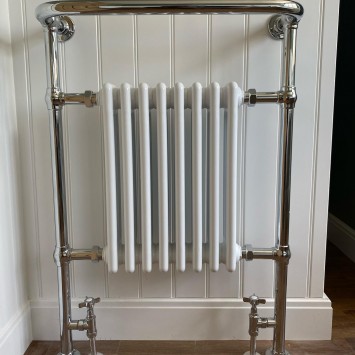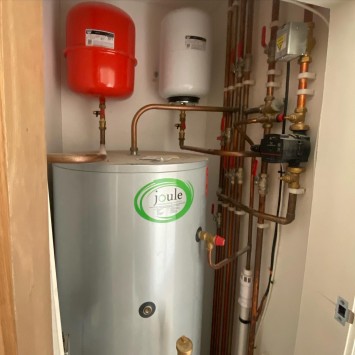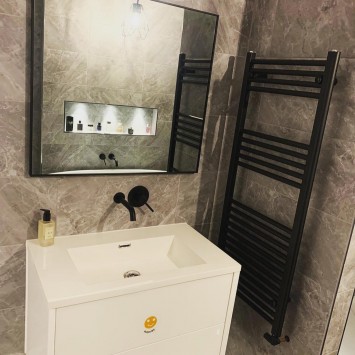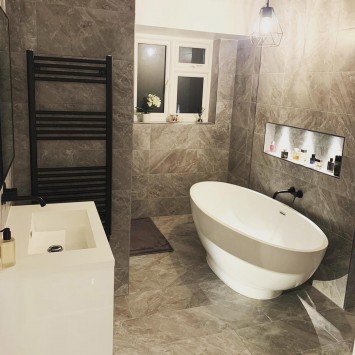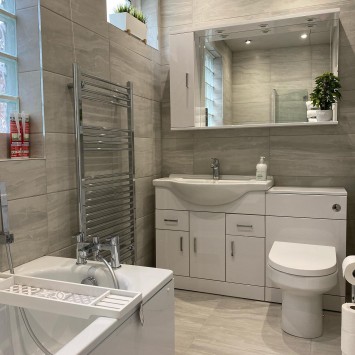Plumbing Services: Understanding Hot and Cold Water Systems
Introduction
Plumbing services are an integral part of maintaining a functional and comfortable home. Efficient hot and cold water systems are essential for everyday tasks, from taking a refreshing shower to washing dishes. In this article, we will delve into the world of hot and cold water plumbing systems, exploring their importance, different types, and how professional plumbing services can ensure their optimal performance.
The Importance of Hot and Cold Water Systems
Hot and cold water systems are crucial components of any residential or commercial property. They provide the necessary water supply for various purposes, such as bathing, cooking, cleaning, and heating. Ensuring the proper functioning of these systems is vital to avoid inconvenience and maintain a hygienic living environment.
Different Types of Hot and Cold Water Systems
-
Conventional Tank Systems
Conventional tank systems consist of a storage tank that holds a specific amount of hot water. The water is heated by a gas or electric-powered heating element and stored until it is needed. While these systems are relatively affordable, they have limited hot water capacity and can result in energy wastage if the stored water is not fully utilized.
-
Tankless Water Heaters
Tankless water heaters, also known as on-demand water heaters, are becoming increasingly popular due to their energy efficiency and compact design. Unlike conventional tanks, tankless systems heat water only when required, eliminating the need for storage. This ensures a continuous supply of hot water and reduces energy consumption, making them a cost-effective option for homeowners.
-
Solar Water Heating Systems
Solar water heating systems harness the power of the sun to heat water. These systems consist of solar panels, a storage tank, and a heat exchanger. The solar panels collect sunlight and transfer the heat to the water in the storage tank. Solar water heating systems are environmentally friendly and can significantly reduce energy costs over time.
-
Heat Pump Water Heaters
Heat pump water heaters work by extracting heat from the surrounding air and transferring it to the water. These systems are highly energy-efficient and can save homeowners a substantial amount on their utility bills. However, they may not perform optimally in extremely cold climates.
-
Direct and Indirect Systems
Direct systems heat water directly using a heat source, such as an electric element or gas burner. Indirect systems, on the other hand, use a heat exchanger to transfer heat from another source, like a boiler or solar panels, to the water. Indirect systems are more common in properties with central heating systems.
Benefits of Professional Plumbing Services
-
Expertise and Knowledge
Experienced plumbers possess in-depth knowledge of different hot and cold water systems. They can accurately diagnose issues, recommend the most suitable solutions, and perform repairs with precision.
-
Quality Installations
Professional plumbers ensure that hot and cold water systems are installed correctly, minimizing the risk of leaks, malfunctions, and costly repairs in the future.
-
Regular Maintenance
Regular maintenance by skilled plumbers helps prevent potential problems and prolongs the lifespan of the hot and cold water systems. Timely inspections and tune-ups ensure optimal performance.
-
Emergency Repairs
Plumbing emergencies can happen at any time, causing significant disruptions. Professional plumbing services offer 24/7 emergency assistance to address urgent issues promptly and efficiently.
-
Compliance and Safety
Plumbers adhere to building codes and safety regulations when installing or repairing hot and cold water systems, ensuring your property remains compliant and safe.
Conclusion
In conclusion, understanding the different types of hot and cold water systems is crucial for homeowners looking to make informed decisions about their plumbing needs. From conventional tank systems to energy-efficient tankless and solar options, each system has its advantages. When it comes to installation, repairs, and maintenance, seeking professional plumbing services is the best way to ensure the optimal performance and longevity of these essential systems.
Plumbing Services: Understanding Hot and Cold Water Systems
Introduction
Plumbing services are an integral part of maintaining a functional and comfortable home. Efficient hot and cold water systems are essential for everyday tasks, from taking a refreshing shower to washing dishes. In this article, we will delve into the world of hot and cold water plumbing systems, exploring their importance, different types, and how professional plumbing services can ensure their optimal performance.
The Importance of Hot and Cold Water Systems
Hot and cold water systems are crucial components of any residential or commercial property. They provide the necessary water supply for various purposes, such as bathing, cooking, cleaning, and heating. Ensuring the proper functioning of these systems is vital to avoid inconvenience and maintain a hygienic living environment.
Different Types of Hot and Cold Water Systems
-
Conventional Tank Systems
Conventional tank systems consist of a storage tank that holds a specific amount of hot water. The water is heated by a gas or electric-powered heating element and stored until it is needed. While these systems are relatively affordable, they have limited hot water capacity and can result in energy wastage if the stored water is not fully utilized.
-
Tankless Water Heaters
Tankless water heaters, also known as on-demand water heaters, are becoming increasingly popular due to their energy efficiency and compact design. Unlike conventional tanks, tankless systems heat water only when required, eliminating the need for storage. This ensures a continuous supply of hot water and reduces energy consumption, making them a cost-effective option for homeowners.
-
Solar Water Heating Systems
Solar water heating systems harness the power of the sun to heat water. These systems consist of solar panels, a storage tank, and a heat exchanger. The solar panels collect sunlight and transfer the heat to the water in the storage tank. Solar water heating systems are environmentally friendly and can significantly reduce energy costs over time.
-
Heat Pump Water Heaters
Heat pump water heaters work by extracting heat from the surrounding air and transferring it to the water. These systems are highly energy-efficient and can save homeowners a substantial amount on their utility bills. However, they may not perform optimally in extremely cold climates.
-
Direct and Indirect Systems
Direct systems heat water directly using a heat source, such as an electric element or gas burner. Indirect systems, on the other hand, use a heat exchanger to transfer heat from another source, like a boiler or solar panels, to the water. Indirect systems are more common in properties with central heating systems.
Benefits of Professional Plumbing Services
-
Expertise and Knowledge
Experienced plumbers possess in-depth knowledge of different hot and cold water systems. They can accurately diagnose issues, recommend the most suitable solutions, and perform repairs with precision.
-
Quality Installations
Professional plumbers ensure that hot and cold water systems are installed correctly, minimizing the risk of leaks, malfunctions, and costly repairs in the future.
-
Regular Maintenance
Regular maintenance by skilled plumbers helps prevent potential problems and prolongs the lifespan of the hot and cold water systems. Timely inspections and tune-ups ensure optimal performance.
-
Emergency Repairs
Plumbing emergencies can happen at any time, causing significant disruptions. Professional plumbing services offer 24/7 emergency assistance to address urgent issues promptly and efficiently.
-
Compliance and Safety
Plumbers adhere to building codes and safety regulations when installing or repairing hot and cold water systems, ensuring your property remains compliant and safe.
Conclusion
In conclusion, understanding the different types of hot and cold water systems is crucial for homeowners looking to make informed decisions about their plumbing needs. From conventional tank systems to energy-efficient tankless and solar options, each system has its advantages. When it comes to installation, repairs, and maintenance, seeking professional plumbing services is the best way to ensure the optimal performance and longevity of these essential systems.
Some of our previous work
Get a free estimate
Or call us- 07771881660
- 07876442995
- 07876442995

